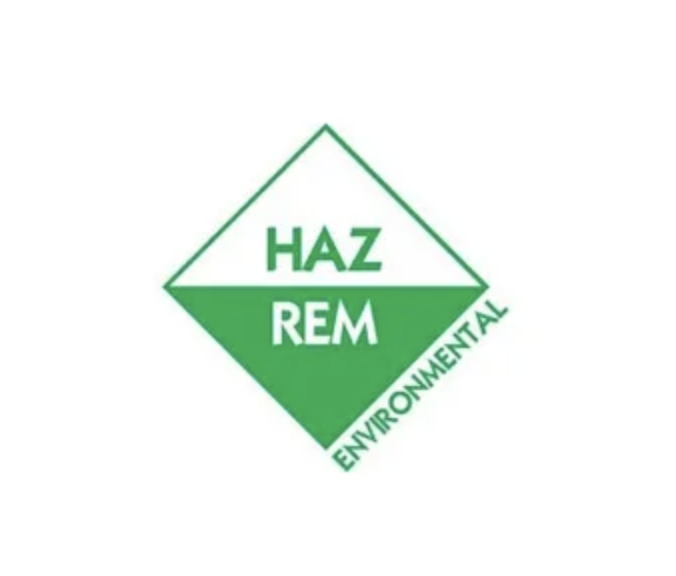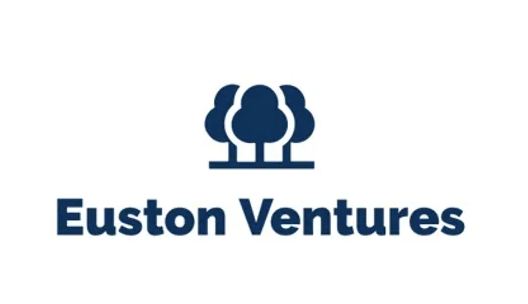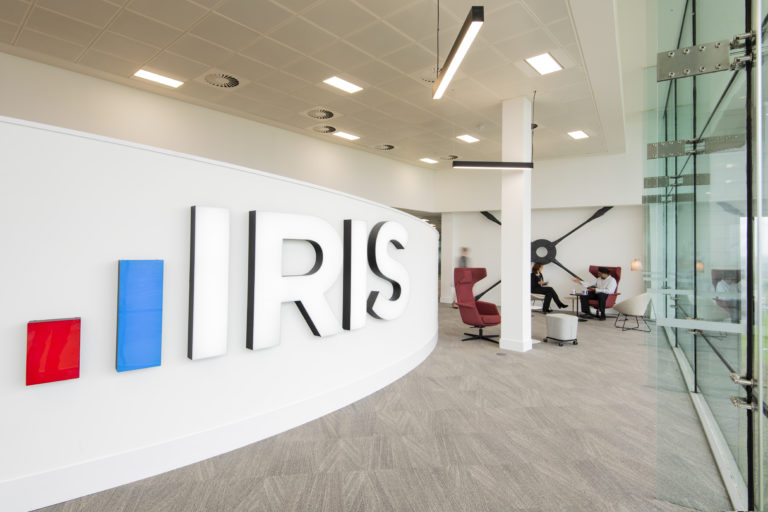New polystyrene recycling process could be uniquely economical and energy-efficient

Engineers have modelled a new way to recycle polystyrene that could become the first viable way of making the material reusable.
The team of chemical engineers, based at the University of Bath in the UK and Worcester Polytechnic Institute in Massachusetts, US, say their technique could be the first to make recycling polystyrene both economically viable and energy efficient.
Explained in a new research paper published in the Chemical Engineering Journal, the technique uses a chemical process called pyrolysis to break down polystyrene into parts which can be reformed into new pieces of the material.
Dr Bernardo Castro-Dominguez, a Senior Lecturer in Chemical Engineering at the University of Bath and a Co-Director of the Centre for Digital, Manufacturing & Design (dMaDe), says: “Chemical recycling techniques are a major focus within chemical engineering right now, and cost- and energy-efficient ways to breakdown plastics to their primary building blocks such as polystyrene are urgently needed.
“Less than five per cent of polystyrene is recycled at present – our work shows that as much as sixty per cent of all polystyrene used today could be replaced by chemically recycled styrene.”
Michael Timko, PhD, Professor of Chemical Engineering at Worcester Polytechnic Institute, adds: “Our analysis finds polystyrene to be an ideal candidate for a chemical recycling process. Surprisingly, the process is energetically efficient and potentially economically competitive. In terms of emissions, investing in this process has the potential to be equivalent to simple measures such as energy conservation in terms of the amount of emissions reduction that can be achieved for a given investment.”
Polystyrene can be chemically recycled using heat, but repeated treatments degrade the material, causing it to lose strength and flexibility. Because this process requires specialised facilities, most recycling centres do not accept polystyrene – and because of its bulk, high transport costs mean it is rarely moved to these facilities. Consequently, very little polystyrene is recycled at present.
Pyrolysis involves exposing a material to very high temperatures (of more than 450°C) in an oxygen-free chamber, meaning it cannot ignite. Instead, the polystyrene breaks down into parts known as monomers, which can then be purified and subsequently reconstituted into virgin polystyrene. Creating one kilogram of the new material requires less than 10 megajoules of energy – roughly enough to power a typical microwave for around 30 minutes.
The identified process involves a pyrolysis reactor, heat exchanger and a pair of distillation columns, which separate out the parts of polystyrene into ‘monomer grade’ styrene – the part which can be reformed into polystyrene – and ‘light’ and ‘heavy’ petroleum-like by-products, which can be reused in other ways.
The process has a yield of sixty per cent - meaning that if 1kg of used polystyrene were used, 600 grams of 99% pure monomer grade styrene would be left available to generate new polystyrene, thus reducing the use of fossil fuels. This work also highlights the environmental benefits, noting that the cost to decrease the amount of carbon emissions through the implementation of this process is approximately $1.5 per ton of CO2, considerably lower than many other recycling processes.
The researchers say that policies to incentivise consumers to recycle polystyrene, or divert it from landfill, would help make the process even more economically attractive.


















